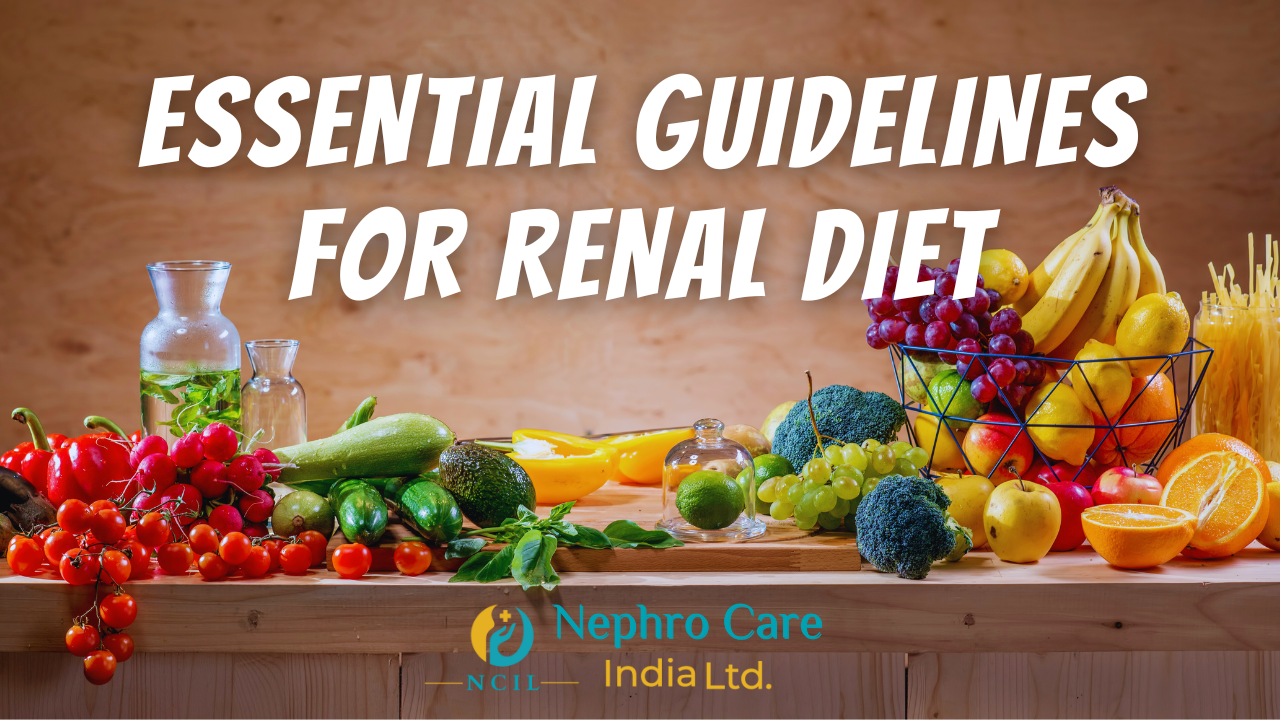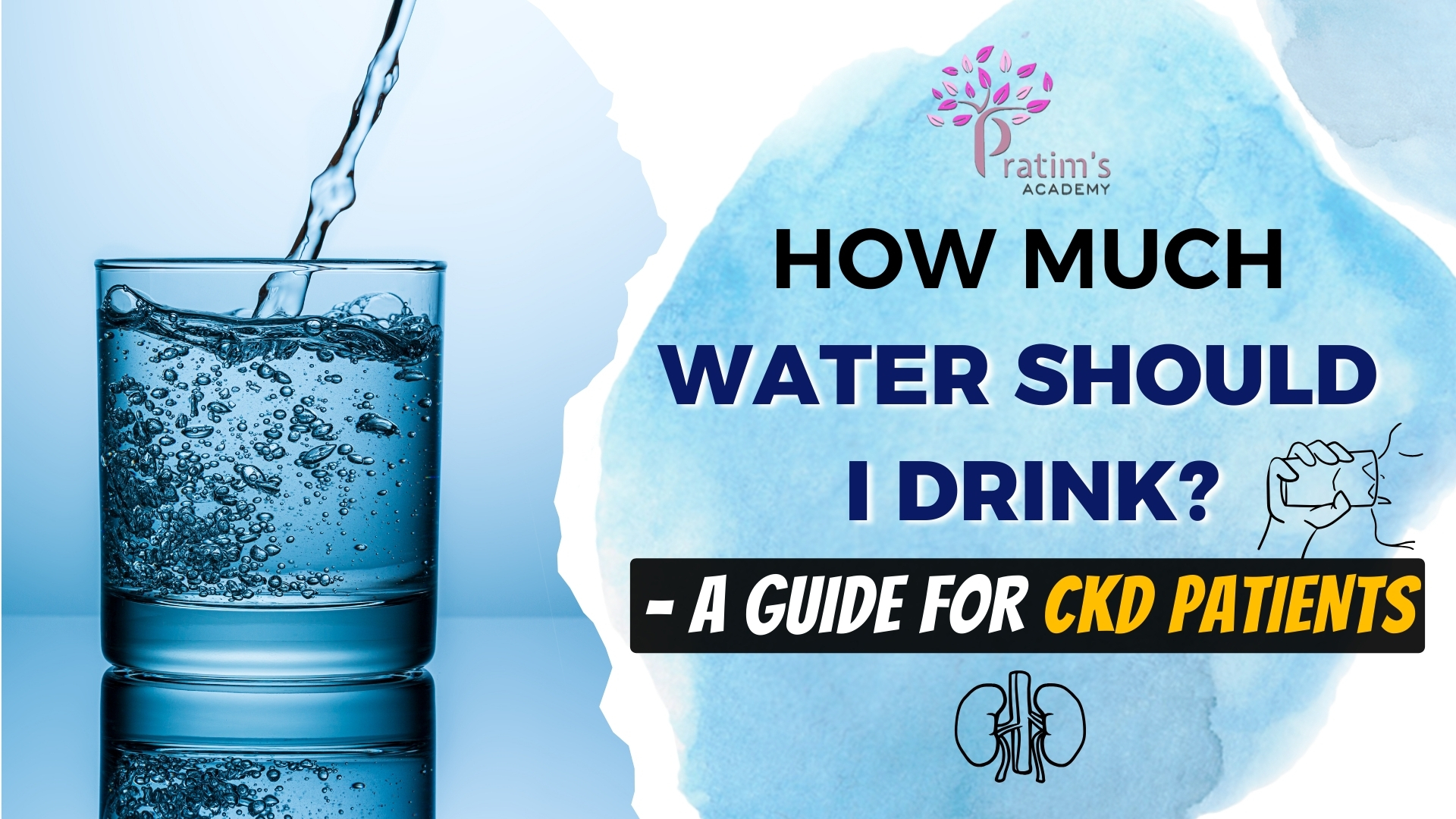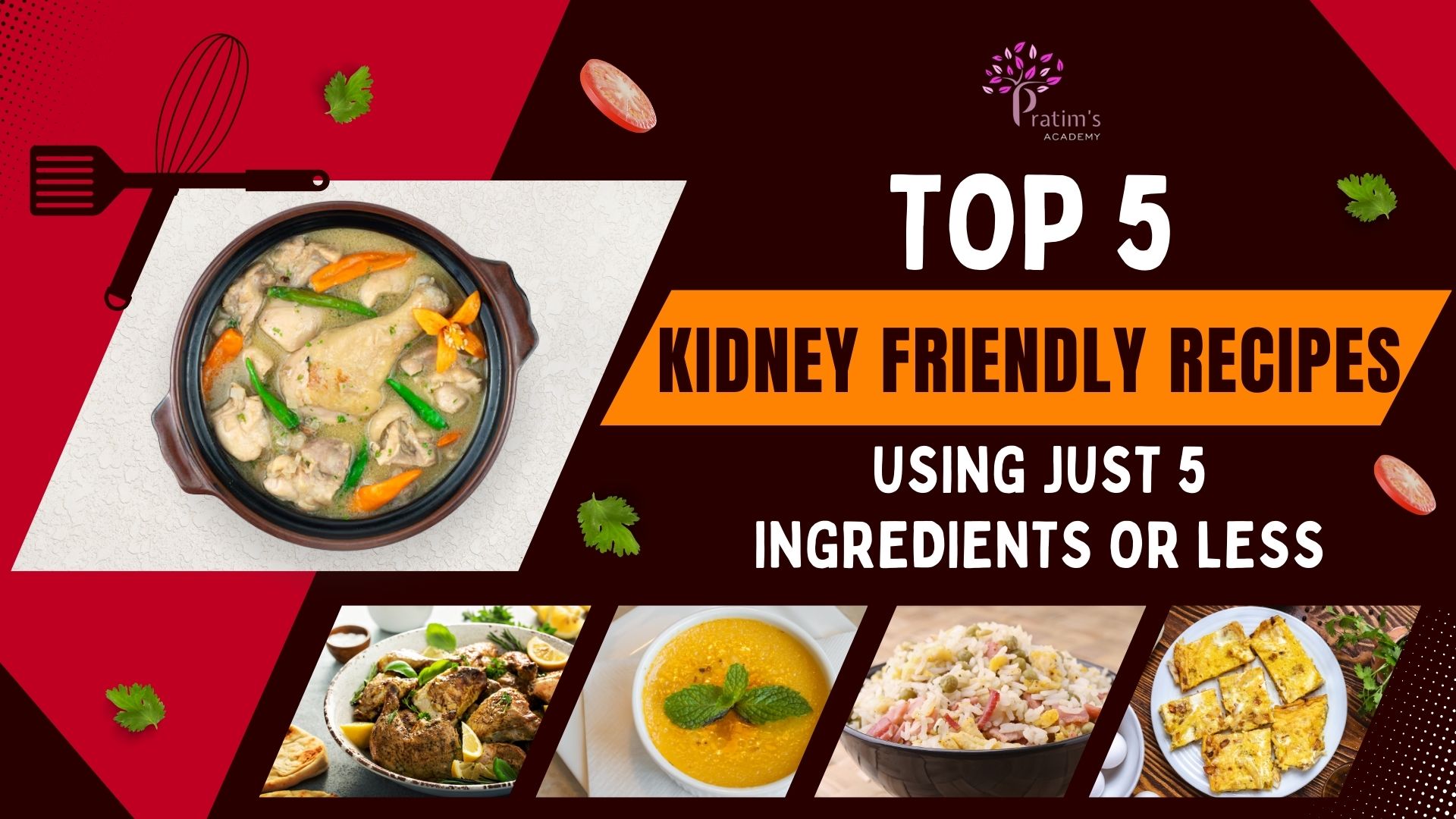
- 350
- 0
Essential Guidelines for Renal Diet
Just like one shirt size doesn’t suit everyone, not every food is appropriate for every renal patient.
Every renal patient’s dietary needs are unique. The right diet for someone with kidney disease depends on several factors, including the disease stage and its specific characteristics (acute, chronic, or acute on chronic). A renal diet is dynamic and must be regularly adjusted based on the patient’s health status, lab reports, and stage of chronic kidney disease (CKD) as indicated by their eGFR (estimated glomerular filtration rate).
A customized, regularly assessed diet is essential for managing renal health effectively.
Real-Life Example of the Importance of a Customized Renal Diet Plan
Take the case of Mr. Dey, a 50-year-old man with a 10-year history of diabetes. He developed pedal edema and, after tests, learned his creatinine level was at 1.6 mg/dL, prompting a referral to a nephrologist. Mr. Dey drastically cut his food intake to improve his kidney health, believing that eating less would help lower his creatinine. Instead, he lost 5 kilograms and felt increasingly fatigued.
When he finally consulted a renal nutritionist, it was revealed that he was consuming only 20 calories and 0.5 grams of protein per kilogram of body weight daily—well below the recommended 27 calories and 0.8 grams. This nutritional deficiency led to malnutrition and further deterioration of his health. Had he sought professional dietary guidance earlier, his condition could have been better managed.
Key Principles for a Tailored Renal Nutrition
Based on such cases, it’s clear that a successful renal diet should include:

- Adequate Calorie Intake: Sufficient calories help maintain energy and prevent muscle loss.
- Optimized Protein Levels: Balanced protein intake tailored to the CKD stage helps manage kidney load without causing protein deficiency.
- Low Potassium and Phosphorus: Limiting these nutrients helps avoid imbalances that can strain kidneys and lead to complications.
- Reduced Sodium: Minimizing salt reduces fluid retention and blood pressure, both of which are crucial for kidney health.
- Controlled Fluids: Fluid restrictions may be necessary based on individual needs and kidney function.
- Low Waste-Producing Foods: Opt for foods that produce minimal metabolic waste to reduce the kidneys’ workload.
Tips for Managing a Renal Diet
- Consult Regularly with a Renal Nutritionist: Your diet should adapt to changes in your health, so regular check-ins are essential.
For diet-related guidance, feel free to join our WhatsApp group
- Focus on High-Quality Protein: Choose lean proteins, and consider plant-based sources when appropriate.
- Read Food Labels: Avoid hidden sources of potassium, phosphorus, and sodium, common in processed foods.
- Plan Meals Around Low-Potassium Fruits and Vegetables: Apples, berries, and pears are typically safe, while tomatoes, and oranges are moderate in potassium and may need to be limited.
For any assistance, check out the blog: ‘Top 5 Indian Salad Recipes for CKD Patients:
- Watch Fluid Intake: Sip fluids gradually throughout the day rather than all at once, and avoid foods with high water content if fluid restrictions are in place.
- Avoid High-Phosphorus Additives: Check for phosphates in the ingredients list, as they are often added to processed foods and can worsen kidney health.
In summary, a renal diet is far more than a simple list of dos and don’ts. It’s an individualized plan that requires careful consideration and regular updates to support optimal kidney function and overall health.
Comment
Check Your EGFR
***We Promise, no spam!







